
Agreed, but it's the first time that Ukrainian politicians in the government (and they are not in low positions either) are coming out and saying publicly they should take Russia's peace proposal seriously. That's a big shift, and in conjunction with Russia saying they don't recognize Zelenski anymore and will not discuss anything with him, that makes it likely that the Zelenski government will eat itself (Note: Russians say that according to the Ukrainian constitution, the legitimate leader is the Ukrainian Head of Parliament).
Yes, the EU is basically a vassal of the US, but they do have the strength to resist. The problem is that they don't want to. So Putin's proposal puts pressure on them to want to.
As for Israel vs Ukraine. Yes, the practical thing would be to choose Ukraine over Israel. But US politics are not grounded in practicality. The Israel lobby has far more sway in the US than any other group, which stretches deeply into both parties. The US has lost every shred of diplomatic credibility in the last year after continuing to fanatically support and enable Israel's genocide (as admitted by the resignation letters of state department officials). They've even been trying to pass a law that the US will not be legally able to stop funding Israel. Yet they don't seem to even trt to stop. This conflict of who to support is playing out right now, and Israel is winning it.







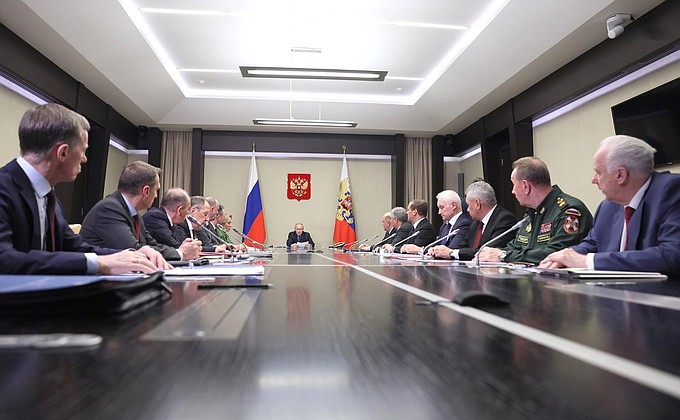
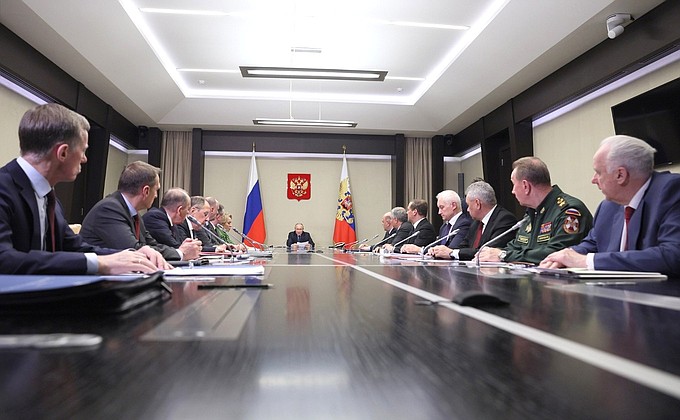
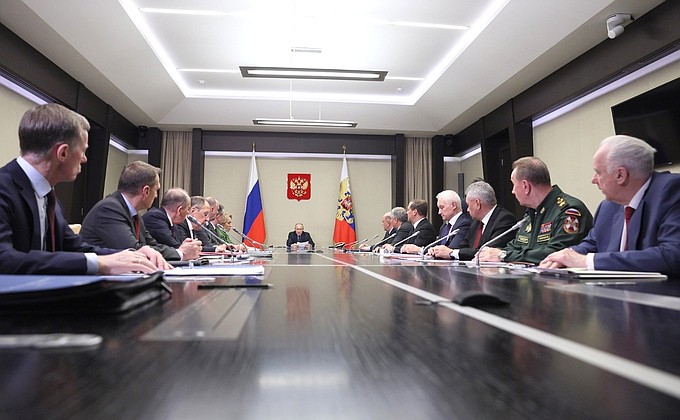
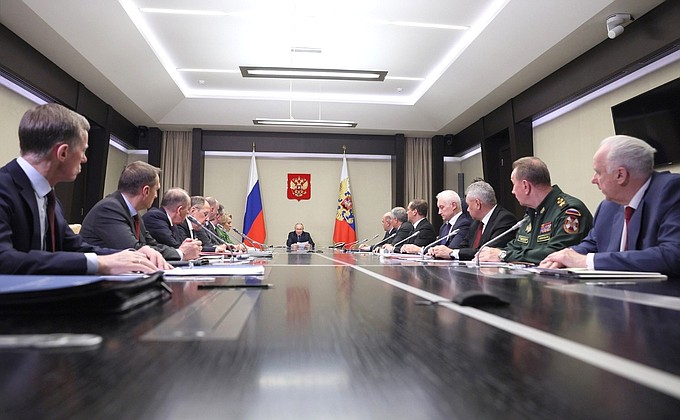

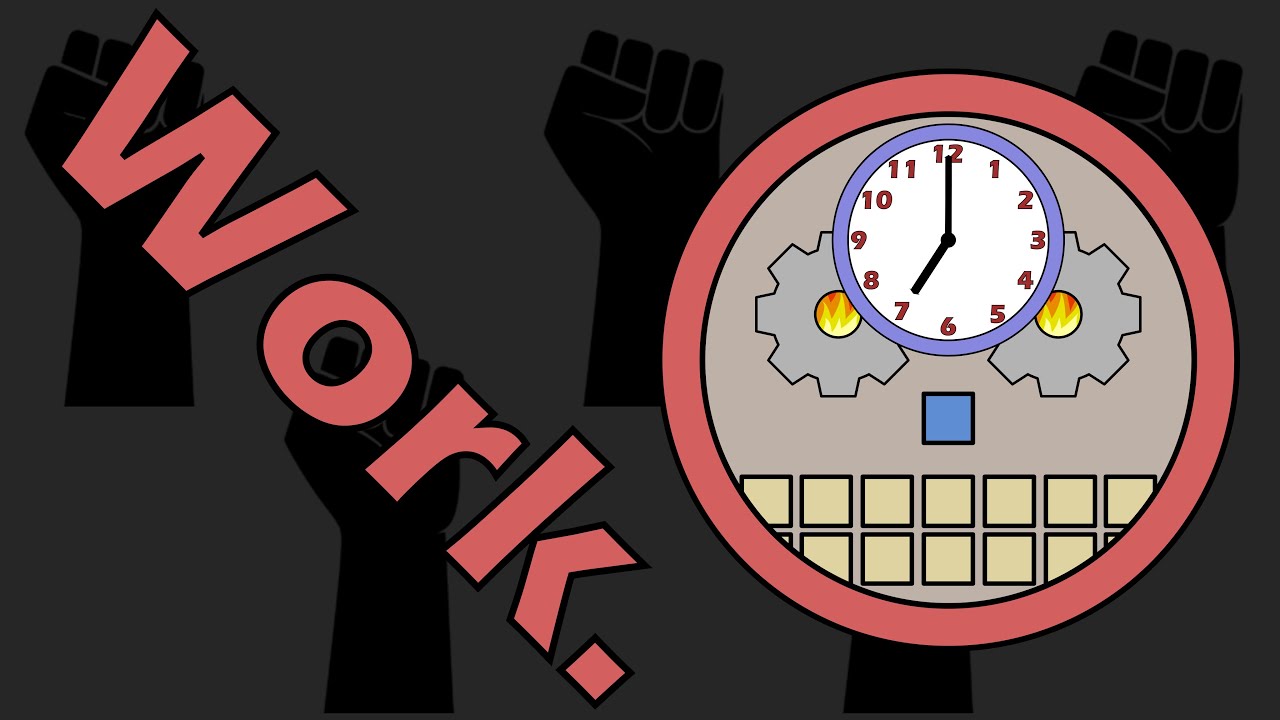


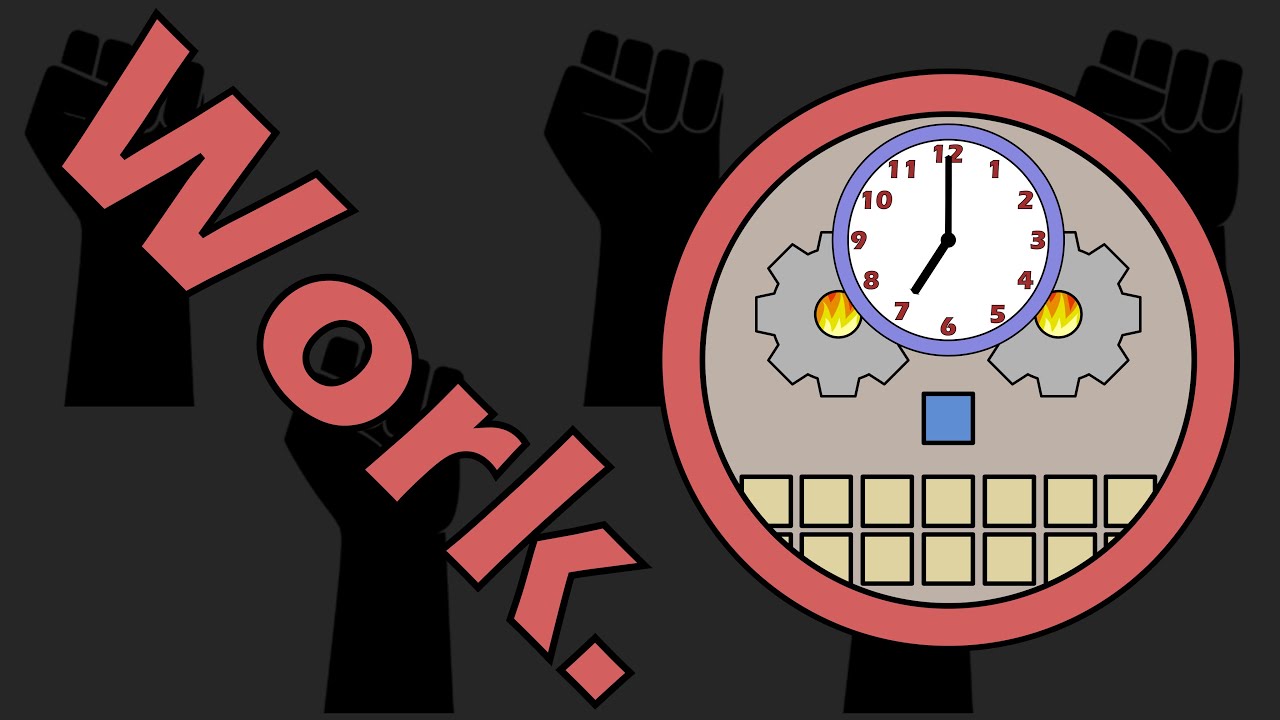
Thanks! I appreciate the discussion as well.
I assume Putin would prefer someone pro-Russian to head Ukraine, but I can't even foresee if he will support anyone. As I said, the only thing the Russians have said publicly is that they recognize the Ukrainian Rada (Parliament) but not Zelenski or his government. There's talk that Zelenski's chief of staff, Yermak might take over from Zelenski (and Yermak has also stated that Ukraine should consider the Russian proposal), but Yermak has little popular support, and seems to have participated in the plunder of Ukraine, so it is unlikely he'll take power any time soon, if the Russians and Ukrainian people have any say about it.
I think so to a degree. Perhaps not right away, but most European states will have presidential or parliamentary elections coming up in the next 2 years. The success of the far right in the Euro-elections have caused a stir. Euro-elections usually have voters vote along party lines, since parties don't really try to cooperate or deal with each other for the outcomes, except in very few cases. So they serve as a good prediction for national elections (although in general the turn-out is less than national elections). The first analysis have started coming out, and it's clear that the votes for the far right don't just have to do with the immigrant crisis or the rise of fascism in Europe.
In Germany for example, 40% of young voters (16-25) who voted for AfD said they did because it's the only party that talks about reducing inflation, economic relief for people over the cost of living massive rise, restricting the banks, and is against supporting Ukraine and Israel.
In France, Macron's Renew party got 15% of the votes, and had a really abysmall turn-out among its core voters. What did Macron do to anger them? Well the French have the same economic concerns as the German youth, and are probably angry at Macron's mismanagement of the economy and his neoliberal policies, as expressed by the recent riots. But Macron is currently serving a second term, and his supporters had voted for him back then, despite the same issues plaguing France, and riots (of a lesser degree) occuring all over the country. So what did Macron do? He brazenly and carelessly tried to install a nuclear war tripwire in Ukraine, by committing himself to sending French troops there. And then he urged other Europeans to do the same. And he kept repeating it over and over. So the French basically told him no.
So yes, the European ruling parties will probably register this. And most of them will consider doing anything to remain in power, even if it means not towing the line that the US dictates. But that's not a guarantee for sure. Von der Leyen and other crazies have their seats guaranteed, so they will certainly not go along with this, and might produce enough pressure to keep the EU in line. But, I foresee that the riots in France will start repeating everywhere in the next decade for Europe. The people are muttering about spending so much money on Ukraine, while they get shafted with high prices on everything. The connection between sanctions on Russia and the record-breaking gas prices is apparent for everyone. The support for a state in the process of genociding an oppressed people is also not helping the ruling parties.